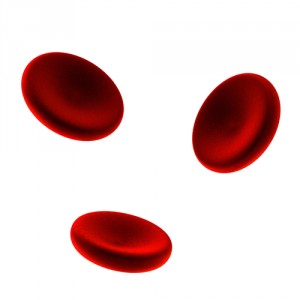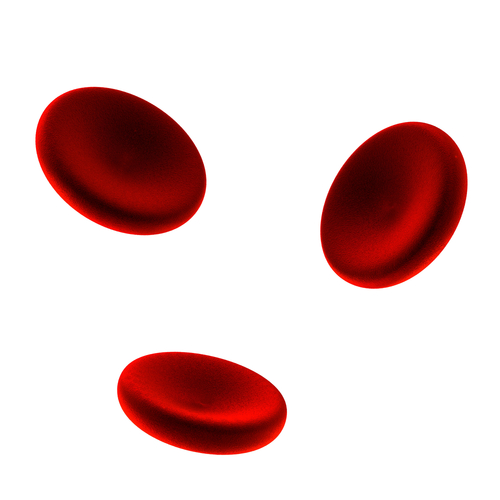 A new study entitled “Effectiveness and safety of ferric carboxymaltose treatment in children and adolescents with inflammatory bowel disease and other gastrointestinal diseases” published in October issue of BMC Gastroenterology reports positive results in correcting iron-deficiency anemia in IBD children with intravenous ferric carboxymaltose administration.
A new study entitled “Effectiveness and safety of ferric carboxymaltose treatment in children and adolescents with inflammatory bowel disease and other gastrointestinal diseases” published in October issue of BMC Gastroenterology reports positive results in correcting iron-deficiency anemia in IBD children with intravenous ferric carboxymaltose administration.
Children with Inflammatory Bowel Disease (IBD) are at particular risk of developing anemia due to their high susceptibility to iron deficiency. This is caused by their high necessity for iron during growth but deficient dietary intake, accompanied by impaired absorption and enteric blood loss. Two types of anemia develop in IBD children – iron-deficiency anemia (IDA) and anemia of chronic disease (ACD). Therefore, iron supplementation is important when treating IBD children with IDA. However, due to the health issues associated with IBD, treatment with oral iron administration is not only challenging, but also frequently insufficient.
In this study, the authors performed a retrospective analysis of intravenous ferric carboxymaltose (FCM) administration to children with IDB. Until now, there has not been much data on FCM application in children, and so this is the first study focused on treatment of IDA in IBD children.
The authors analyzed data from 72 children with ages between 0 and 18 years with IBD — 40.3% with Crohn’s disease and 30.5% with Ulcerative Colitis – and who were treated with FCM for IDA. The analysis was performed up to three months after the last injection of FCM.
The authors found that after administration of FCM, children exhibited improved levels of hemoglobin, thus correcting IDA. Moreover, FCM injection was associated with decreased levels of white cells, platelets, and C-reactive protein. These observations suggest that iron therapy can reduce inflammation.
Thus, this initial study suggests that intravenous iron therapy is well tolerated and can be used to correct IDA in children, particularly those who suffer from IBD. With current practices allowing the treatment of children with FCM at 14 years or older, further studies are required to confirm the authors observations.

